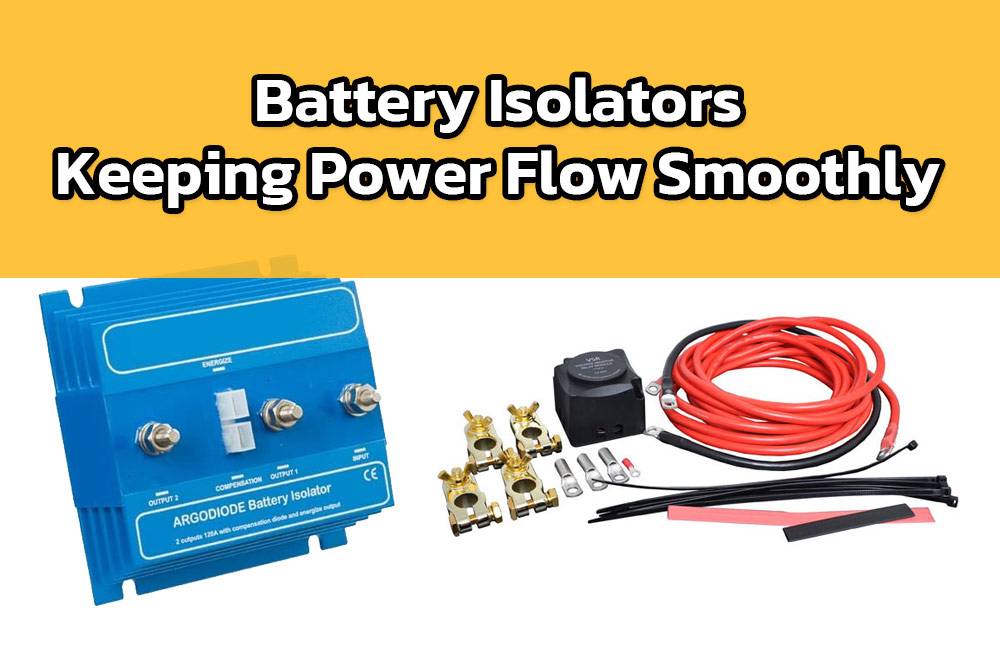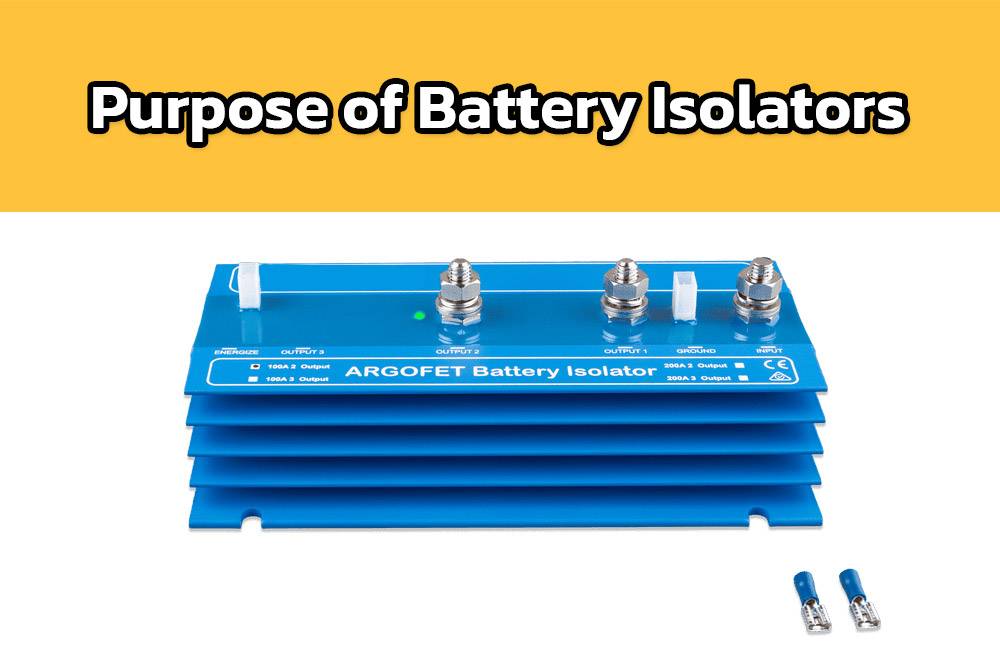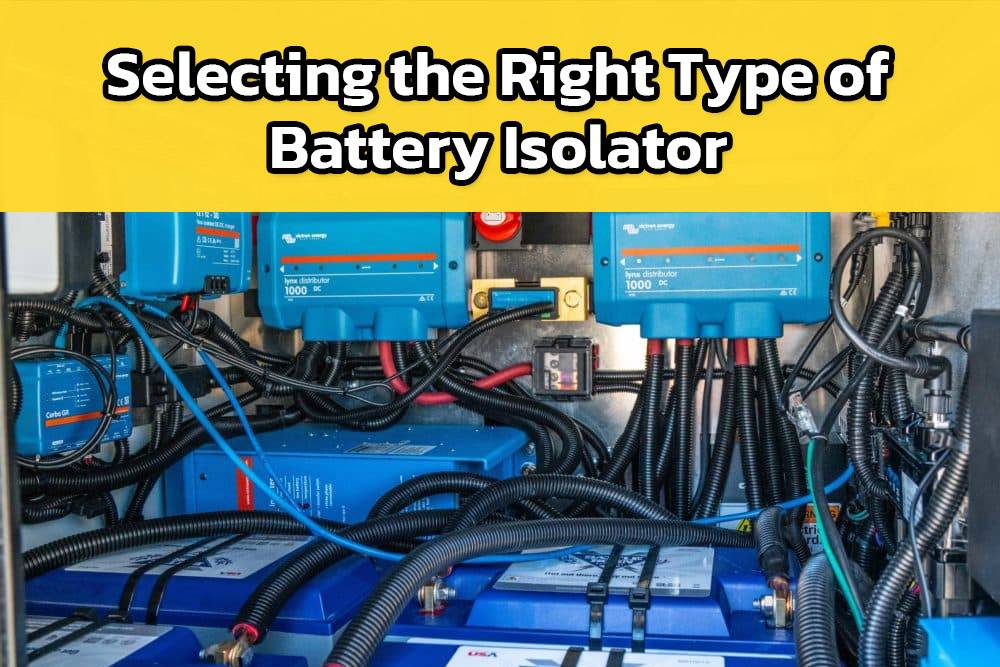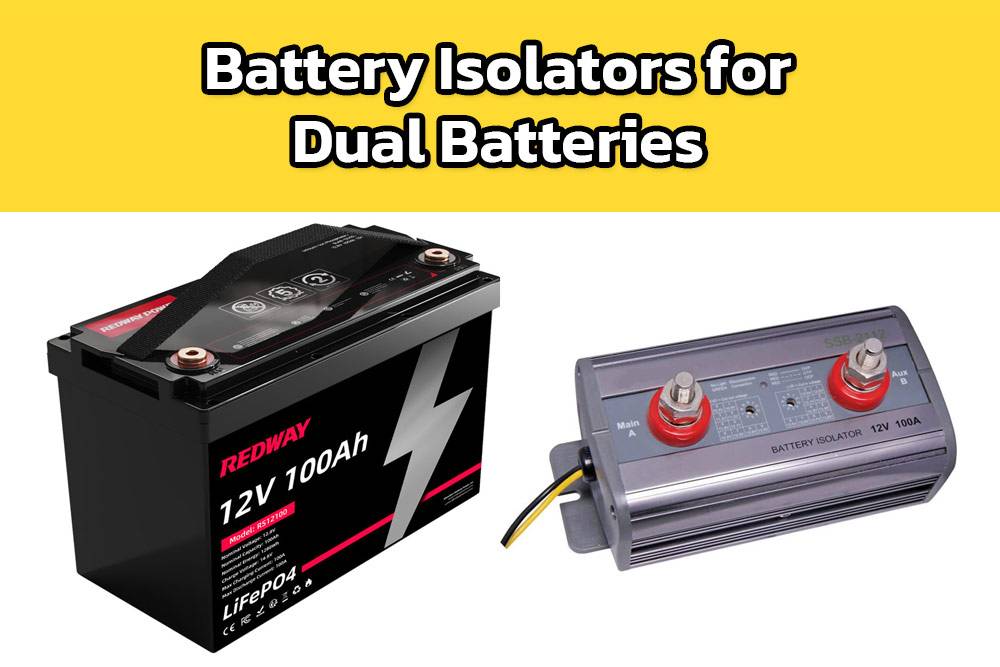- Lithium Golf Cart Battery
- Forklift Lithium Battery
-
48V
- 48V 210Ah
- 48V 300Ah
- 48V 420Ah (949 x 349 x 569 mm)
- 48V 420Ah (950 x 421 x 450 mm)
- 48V 456Ah
- 48V 460Ah (830 x 630 x 590 mm)
- 48V 460Ah (950 x 421 x 450 mm)
- 48V 460Ah (800 x 630 x 600 mm)
- 48V 460Ah (820 x 660 x 470 mm)
- 48V 500Ah
- 48V 560Ah (810 x 630 x 600 mm)
- 48V 560Ah (950 x 592 x 450 mm)
- 48V 600Ah
- 48V 630Ah
-
48V
- 12V Lithium Battery
12V 150Ah Lithium RV Battery
Bluetooth App | BCI Group 31
LiFePO4 Lithium
Discharge Temperature -20°C ~ 65°C
Fast Charger 14.6V 50A
Solar MPPT Charging - 24V Lithium Battery
- 36V Lithium Battery
- 48V Lithium Battery
-
48V LiFePO4 Battery
- 48V 50Ah
- 48V 50Ah (for Golf Carts)
- 48V 60Ah (8D)
- 48V 100Ah (8D)
- 48V 100Ah
- 48V 100Ah (Discharge 100A for Golf Carts)
- 48V 100Ah (Discharge 150A for Golf Carts)
- 48V 100Ah (Discharge 200A for Golf Carts)
- 48V 150Ah (for Golf Carts)
- 48V 160Ah (Discharge 100A for Golf Carts)
- 48V 160Ah (Discharge 160A for Golf Carts)
-
48V LiFePO4 Battery
- 60V Lithium Battery
-
60V LiFePO4 Battery
- 60V 20Ah
- 60V 30Ah
- 60V 50Ah
- 60V 50Ah (Small Size / Side Terminal)
- 60V 100Ah (for Electric Motocycle, Electric Scooter, LSV, AGV)
- 60V 100Ah (for Forklift, AGV, Electric Scooter, Sweeper)
- 60V 150Ah (E-Motocycle / E-Scooter / E-Tricycle / Tour LSV)
- 60V 200Ah (for Forklift, AGV, Electric Scooter, Sweeper)
-
60V LiFePO4 Battery
- 72V~96V Lithium Battery
- Rack-mounted Lithium Battery
- E-Bike Battery
- All-in-One Home-ESS
- Wall-mount Battery ESS
-
Home-ESS Lithium Battery PowerWall
- 24V 100Ah 2.4kWh PW24100-S PowerWall
- 48V 50Ah 2.4kWh PW4850-S PowerWall
- 48V 50Ah 2.56kWh PW5150-S PowerWall
- 48V 100Ah 5.12kWh PW51100-F PowerWall (IP65)
- 48V 100Ah 5.12kWh PW51100-S PowerWall
- 48V 100Ah 5.12kWh PW51100-H PowerWall
- 48V 200Ah 10kWh PW51200-H PowerWall
- 48V 300Ah 15kWh PW51300-H PowerWall
PowerWall 51.2V 100Ah LiFePO4 Lithium Battery
Highly popular in Asia and Eastern Europe.
CE Certification | Home-ESS -
Home-ESS Lithium Battery PowerWall
- Portable Power Stations
How Battery Isolators Keep Power Flowing Smoothly

Battery isolators are essential components in electrical systems, particularly in vehicles and off-grid setups. They manage the flow of electricity between multiple batteries, ensuring that each battery remains charged and operational without draining one another. This article delves into the functionality, types, and advantages of battery isolators.
What Are Battery Isolators and How Do They Work?
Battery isolators act as traffic controllers for electrical current, preventing batteries from draining each other while allowing for efficient charging. They ensure that when one battery is being charged, the power does not flow back into other batteries.
Key Functions of Battery Isolators
- Current Direction Control: They allow current to flow in one direction, preventing backflow.
- Battery Protection: Isolators protect weaker batteries from being drained by stronger ones.
- Simultaneous Charging: They enable multiple batteries to charge from a single power source without connecting them in parallel.
Chart: How Battery Isolators Function
| Function | Description |
|---|---|
| Current Control | Prevents reverse current flow |
| Battery Protection | Keeps weaker batteries from draining |
| Charging Management | Allows simultaneous charging of multiple batteries |
Why Are Battery Isolators Important in Vehicles?
In vehicles such as RVs, boats, and trucks, battery isolators play a crucial role in maintaining reliable power systems. They ensure that the starting battery remains charged while allowing auxiliary batteries to power additional equipment.
Benefits of Using Battery Isolators in Vehicles
- Prevents Power Loss: Ensures that the main battery is not drained by auxiliary systems.
- Enhances Reliability: Guarantees that critical systems remain operational even when auxiliary loads are used.
- Simplifies Electrical Management: Reduces the complexity of managing multiple battery systems.
Chart: Benefits of Battery Isolators in Vehicles
| Benefit | Description |
|---|---|
| Prevents Power Loss | Main battery stays charged |
| Enhances Reliability | Critical systems remain operational |
| Simplifies Management | Reduces complexity in electrical systems |
What Types of Battery Isolators Are Available?
There are various types of battery isolators available on the market, each designed for specific applications and performance requirements. The most common types include diode-based isolators and relay-based isolators.
Overview of Common Types
- Diode-Based Isolators: Simple and cost-effective but may introduce a voltage drop.
- Relay-Based Isolators: More efficient with minimal voltage drop but slightly more complex.
Chart: Comparison of Battery Isolator Types
| Type | Advantages | Disadvantages |
|---|---|---|
| Diode-Based | Cost-effective, simple installation | Voltage drop affects charging efficiency |
| Relay-Based | High efficiency, minimal voltage drop | More complex setup |
How Do You Choose the Right Battery Isolator?
Selecting the appropriate battery isolator depends on several factors, including your specific application, current requirements, and budget.
Key Considerations for Selection
- Current Rating: Ensure the isolator can handle the maximum current your system requires.
- Voltage Drop: Consider how much voltage drop is acceptable for your application.
- Installation Space: Check if you have enough space for installation based on the isolator type.
Chart: Factors to Consider When Choosing an Isolator
| Factor | Description |
|---|---|
| Current Rating | Must match or exceed system requirements |
| Voltage Drop | Should be minimal for optimal performance |
| Installation Space | Must fit within available space |
What Are Some Common Applications for Battery Isolators?
Battery isolators are used in various applications where multiple batteries are present. Common uses include recreational vehicles (RVs), marine vessels, and off-grid solar systems.
Applications Overview
- RVs: To separate engine batteries from house batteries.
- Boats: To keep starting batteries isolated from house loads.
- Off-Grid Systems: To manage energy storage between solar panels and battery banks.
Industrial News
The market for battery isolators is growing as more consumers adopt off-grid solutions and electric vehicles. Recent innovations focus on improving efficiency and reducing costs associated with battery management systems. Manufacturers are also exploring smart isolator technologies that enhance monitoring capabilities and optimize energy flow.
Redway Power Expert Views
“Battery isolators are vital for anyone looking to maintain reliable power systems,” states an expert from Redway Power. “They not only protect your investments in batteries but also ensure that your equipment operates smoothly without unexpected power losses.”

Selecting the Right Type of Battery Isolator
Choosing the right battery isolator depends on your specific needs and setup. There are different types available, including diode-based isolators and relay-based isolators. Diode isolators are simpler and cheaper but have a voltage drop, while relay isolators are more efficient but slightly more complex.














